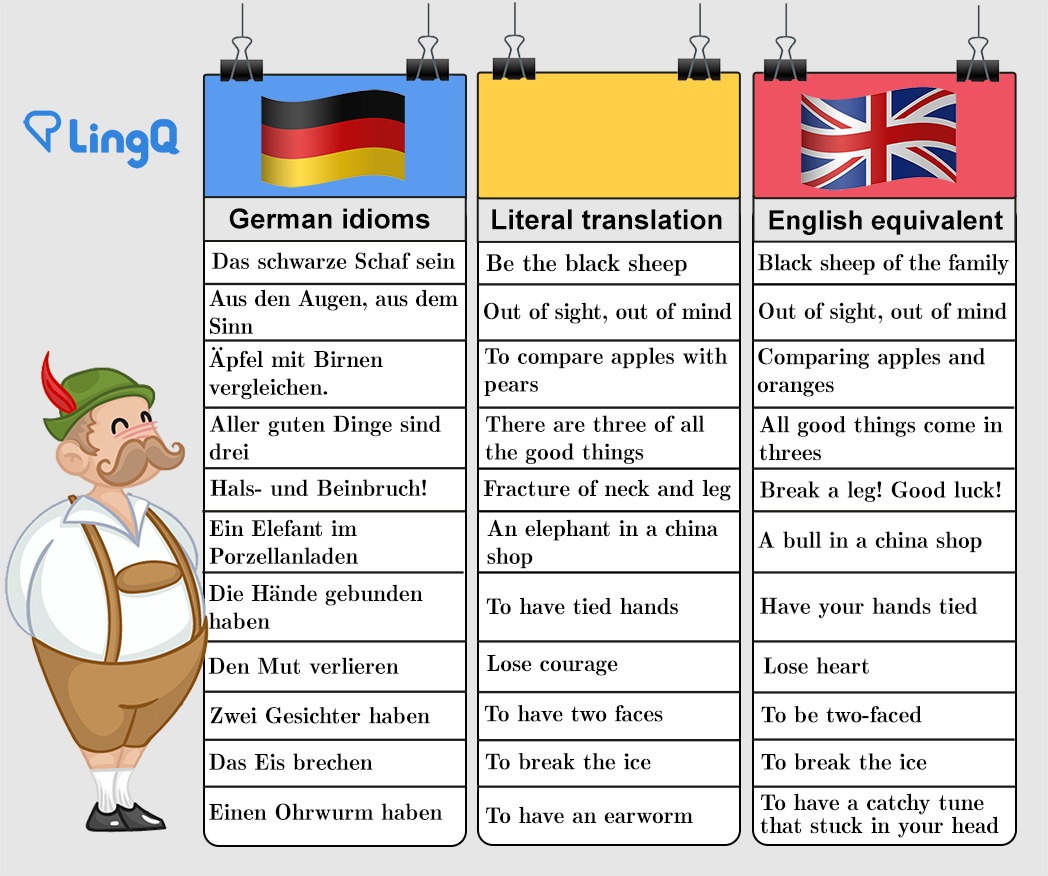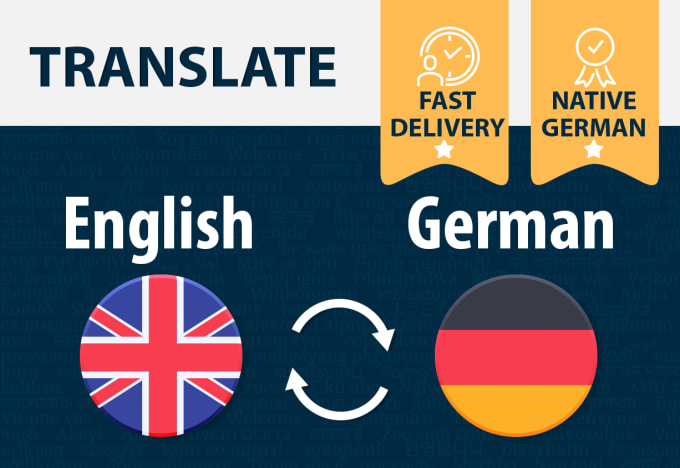




3 Borrowings into Old German and Old English.1.7 Archaic, Dialectal, Obsolete, Poetic, Rare, or Regional Cognates.1.5.7 Proto-Germanic Consonant Clusters.1.5.5 Proto-Germanic Nasal Consonants (*m, *n).1.5.4 Proto-Germanic Liquid Consonants (*l, *r, *z).1.5.3 Proto-Germanic Fricative Consonants (*f, *h, *s, *þ).1.5.2 Proto-Germanic Unvoiced Stop Consonants (*k, *p, *t).1.5.1 Proto-Germanic Voiced Stop Consonants (*b, *d, *g).1.5 Regular cognates with differing consonant values.1.4 Regular cognates with matching consonant values.1 Mutual inheritance from Proto-Germanic.Deutsches Wörterbuch von Jacob Grimm und Wilhelm Grimm ( at DWDS and at ) (for advanced investigation no modern orthography)ġ. Digitales Wörterbuch der deutschen Sprache (DWDS) This list ignores cognates of this linguistic depth.Įtymology resources for further investigation of cognates include:ġ. Modern English has a large number of words of French origin, of which many are cognates of German words due to mutual descent from roots in the common Proto-Indo-European language (about 6000 years or so ago), from which both the Germanic and the Romance languages descend. Nevertheless, many of them are easy to correlate since the German words follow the rules of High German consonant shift, which is a German phenomenon and makes English stay closer to the Proto-Germanic language, from which both, English and German, derive.įor convenience of presentation this list has been limited to cognates whose etymologies can be established to the Proto-Germanic period at the earliest, or within the past 3000 years or so. In fact, this is true for a sizeable fraction of the native German and English vocabularies, but for various reasons many of these cognates are not immediately obvious. There are many hundreds of German words that are cognate with English words.


 0 kommentar(er)
0 kommentar(er)
